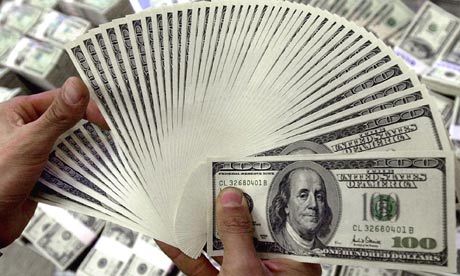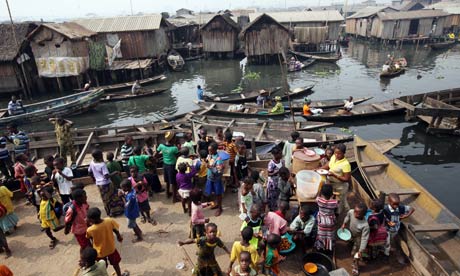 Click here to read this on UN Watch
Click here to read this on UN Watch
How
is it that the Assad regime, led by father and son, was able to retain
the international legitimacy needed to retain power over 42 years,
despite perpetrating systematic brutality, such as the killing of an
estimated 20,000 citizens of Hama in February 1982, and being listed as a
leading state sponsor of terrorism?
A key factor was that the world body mandated to hold such criminal
regimes to account — the United Nations — turned a blind eye to Syrian
murder, massacre and terror.
Prior to last year’s Arab Spring, during the decades that Mideast
dictators were strong, neither the U.N.’s General Assembly or its Human
Rights Council ever passed a single resolution on Hama — or on any other
barbaric Syrian human rights violation.
Worst of all, in October 2001, the U.N. voted overwhelmingly to elect
Syria to the Security Council, no doubt acting, as required by the
U.N. Charter,
out of due regard specially paid to Syria’s contribution “to the
maintenance of international peace and security” and “to the other
purposes of the Organization.”
One of the figures on the international stage shilling loudest for
Bashar al-Assad’s election to the U.N. Security Council was Ian Williams
of
The Guardian, a long-time contributor to the
Washington Report, a publication known for consistently opposing action for victims of Libya,
Syria, Iran, Saudi Arabia and other Middle East dictatorships.
Writing
a few months before the U.N. vote, Williams’s role in the
well-circulated Washington report was to bolster Bashar al-Assad’s
chances of victory by pressuring U.S. State Department officials to drop
any idea of opposing Syria’s bid — which is exactly what American
diplomats did last year, successfully, to keep Assad off the Human
Rights Council.
Using the same methods as the Assads themselves, Williams reframed
the discussion away from Syria’s despicable record by pointing at the
Israeli bogeyman. It worked: Syria was elected by a huge majority of 160
out of 177 votes.
The massive vote to the prestigious position empowered the Assad regime. According to the
BBC,
Syria interpreted its election as a sign of international support. “The
wide support for Syria constitutes a referendum and a clear message
that these allegations [of Syrian support for terrorism] are void and
false,” boasted Damascus. “I’m proud for this great success,” said the
Syrian Ambassador to the UN, Mikhail Wehbe. “Syria will pray to preserve
the peace and security in the world.”
Now is the time to ask: If the lobbying of Ian Williams — who makes sure to
portray
himself objectively as the former head of the UN Correspondents
Association and not as a pro-Assad contributor to a pro-regime
publication, or as a regular on Iran’s Press TV propaganda channel — had
been rejected, and if instead the Syrian regime’s brutality had been
exposed and Assad stripped of international legitimacy, would he still
be in power and murdering his own citizens today?


















































